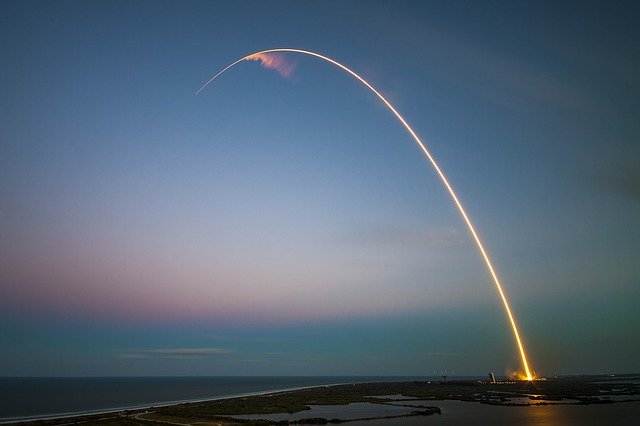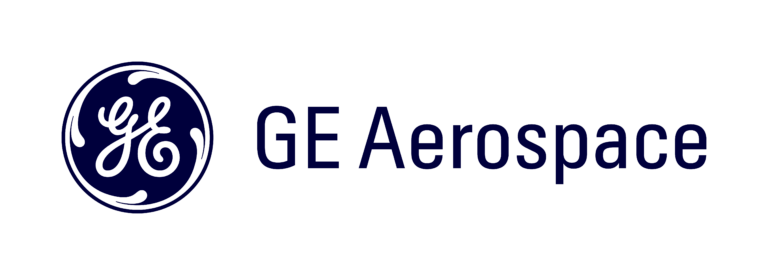Burlington Aerospace Startup Says Vermont Key to Company’s Growth
A Vermont aerospace business is taking off, but this space tech company says it’s going to keep calling the Green Mountains home. Cat Viglienzoni visited Benchmark Space Systems shortly after their first satellite propulsion systems launched, to see why they say they’re a Vermont success story.
Last week’s countdown in Florida was a moment where Benchmark Space Systems’ CEO Ryan McDevitt said his pulse was also skyrocketing. “I’ve seen a lot of rocket launches, and at this point, SpaceX is so good at it you kind of just relax, it’s going to be fine. When it’s got your hardware onboard, your heart is in your throat a little bit,” McDevitt said.
That’s because his company’s first products to head into space were on that rocket. Of the 88 satellites on board, three of them had his company’s propulsion systems. Going into the day he knew there was no guarantee of a launch. Just the day before, it had been called off just seconds ahead of takeoff. “We got down to 11 seconds on the countdown on Tuesday. The whole team was gathered and everyone was ready to cheer and explode, and to have it take a step back, it was definitely a little deflating,” McDevitt said.
Fortunately, there were no such delays the next day and the Falcon 9 had a smooth launch and satellite deployment into space, giving McDevitt time to reflect on just how far Benchmark has come in the last few years.
We first introduced you to the aerospace company back in 2019 when they were in South Burlington. They’d been in business for a couple of years at that point and had big plans. Fast-forward two years…
Reporter Cat Viglienzoni: So, this is a lot different than the last time I saw you.
Ryan McDevitt: Yeah, so we got to expand into this facility a little over a year ago.
They’re now in a more spacious spot at the Hula site in Burlington, giving them enough room for them to build and test their satellite propulsion systems. “That’s the part that goes on the satellite and helps it move around in space,” McDevitt said.
It normally takes a couple of years to design and build systems like this, but McDevitt says they did this during COVID — in just six months — while keeping quality intact.
Two of the three satellites with Benchmark systems launched last week are Department of Defense projects. But a third one is for a partner called Orbit Fab. That company is working on building gas stations in space to allow satellites in the future to refuel.
Benchmark worked with them to build the first refuelable propulsion system to go into low-earth orbit. And over the next couple of years, McDevitt says they’ll be testing how it works.






